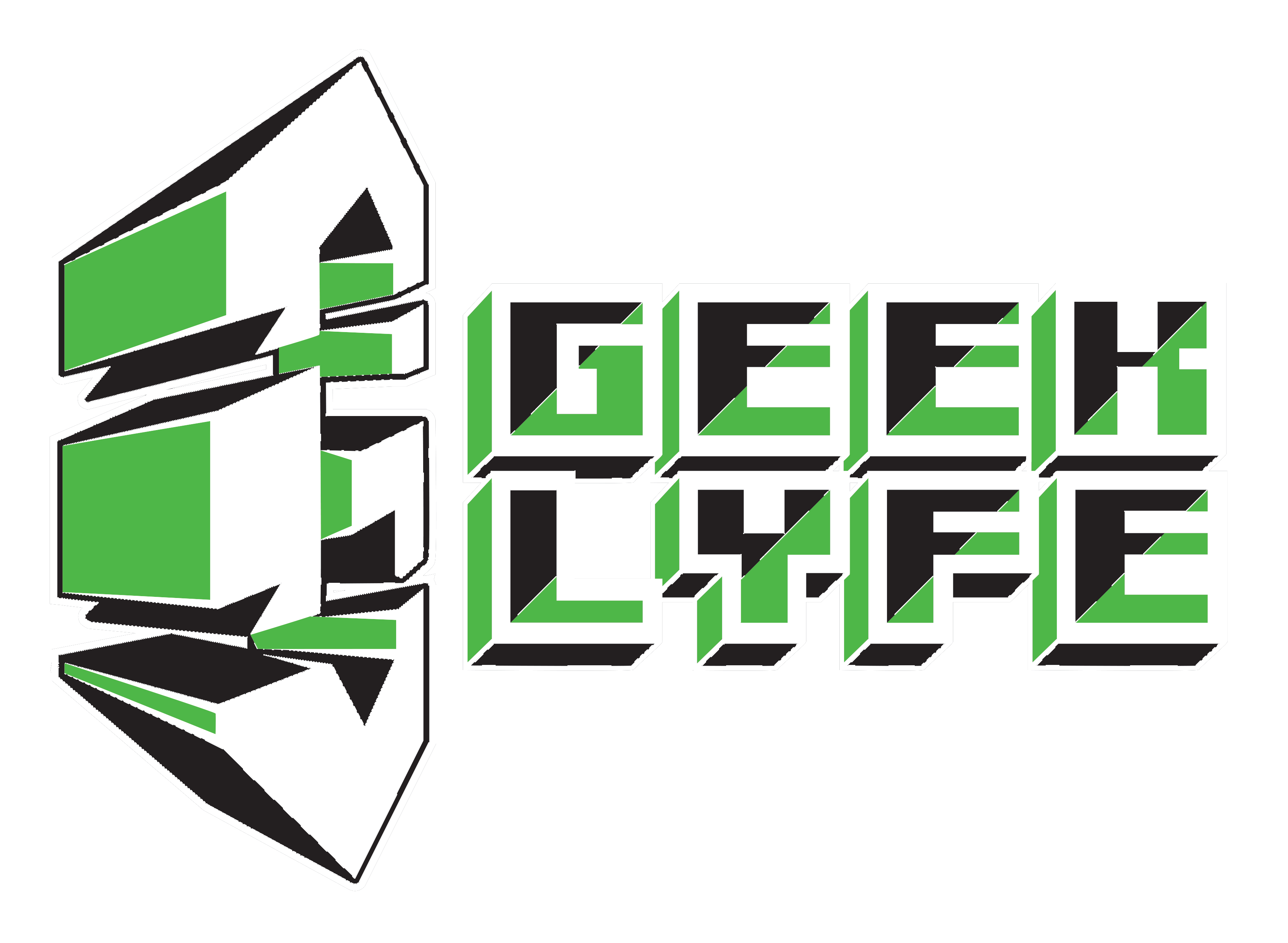
A debt management plan or simply DMP is an unofficial contract between a borrower and the creditors to help the borrower take care of their non-priority loans and pay their outstanding debts. Non-priority loans may include credit card loans, bank or building society loans, student loans, and overpayments for water bills and benefits.
The goal of debt management is to help you restructure the payment of these loans such that the periodic payment amount is reduced and the payment duration extended. Find out more here: How do I set up a debt management plan?
How Debt Management Plans Functions
A debt management plan is not recognized legally. Therefore, you are not tied to its terms for any given duration. While it is possible to arrange a debt management plan with your lenders, the debt management corporation generally manages the plan will be responsible for engaging with your creditors in your place.
The plan begins with you agreeing on an amount you can afford to pay towards monthly debt payments. You shall remit this payment to your debt management company, who then forward the money to your various creditors. To make the plan work, you must know how to optimally budget your money to meet the monthly payment on time.
How Do I Know If A Debt Management Plan Is The Perfect Solution For My Case?
The suitability of a debt management plan is pegged on an individual’s financial position and circumstances. Ordinarily, the debt management plan is designed for unsecured loans. A DMP can be particularly helpful for a borrower who is able to spare additional money every month and direct it towards loan payment. This amount should only be set aside after the borrower has budgeted for the living expenses and paid their priority loans.
Also, if you have been named on the County Court Judgement or CCJ’s Register, you will not be allowed to include CCJ in your debt management plan since CCJ is an official agreement with the court, while a DMP is an informal agreement to pay down your outstanding debts.
Advantages And Disadvantages Of Debt Management Plans
Like many types of financial management solutions, debt management plans have advantages and drawbacks.
The advantages include:
-A debt management plan assists you in determining the amount to pay towards debt payment each month.
-The debt management company can negotiate more favourable loan terms with your lender in your place.
-You get an opportunity to increase or lower your loan repayments based on your financial situation.
-You will only need to make a single payment to the debt manager, who then pays your creditors on your behalf, making it easier on your part.
The drawbacks of a debt management plan include:
-A DMP document lacks legal backing to force all your creditors to participate in the agreement – this means the debt management company may not help restructure the repayment schedule for all your outstanding debts.
-In addition, the creditors can use the debt management plan to begin a court proceeding against you in case of default.
-A debt management plan may lower the borrower’s credit score, affecting your ability to attract future debt.
-Some debt management companies may charge you for management services.
-If you choose to work with a debt management firm asks for a fee, it means it will take you more time to retire the debt on the debt management plan since you will have an additional cost to pay.
How can I Get a Debt Management Plan for Free?
Fortunately, there are debt management companies providing debt management services for free. Examples of the major companies that offer free debt management plans in the United Kingdom include Payplan, StepChange, and National Debtline. Providers of debt management services must be licensed by the Financial Conduct Authority (FCA) after meeting specific requirements.
What Steps Are Involved in Arranging A Debt Management Plan
Generally, the steps involved in establishing a debt management plan include the following:
Managing the borrower’s priority loans
DMPs are designed for non-priority loans, so you must take care of your priority loans first. Priority loans include rent, mortgage, income tax, council tax, court fines, National Insurance, and TV licences.
-Determine if a DMP is appropriate for you based on your financial position. Consider contacting companies like StepChange or National Debtline for independent advice or professional help.
-Determine whether you prefer to engage with a company providing free debt management services. Remember that paying for debt management costs will negatively affect your ability to pay your loans.
-Establish your budget. It is worth determining how you will be paying for a DMP. Consult a DMP company to get this kind of assistance.
-Select the ideal debt management company to work with. Call your preferred debt management company and discuss your financial position with them.
Will A Debt Management Plan Impact On My Credit Rating?
A debt management plan can help you to pay back your outstanding loans. However, it can also impact on your credit score.
Having a note in your credit report that shows you got into a DMP agreement can be proof that you have struggled to pay your debts in the past, making it more challenging to secure new loans.
Nonetheless, if you can prove that you paid for the DMP promptly, you can then show that you are more financially responsible than when your credit report shows you have substantial outstanding debts. Your creditors can record that you have missed making payments since you will pay lesser amounts with a debt management plan.
Chicano | Fighting/Writing for Diversity | DM since 08 | Anime Lover | Site: https://www.thegeeklyfe.com | info@thegeeklyfe.com | http://twitch.tv/that_deangelo | https://linktr.ee/deangelomurillo




